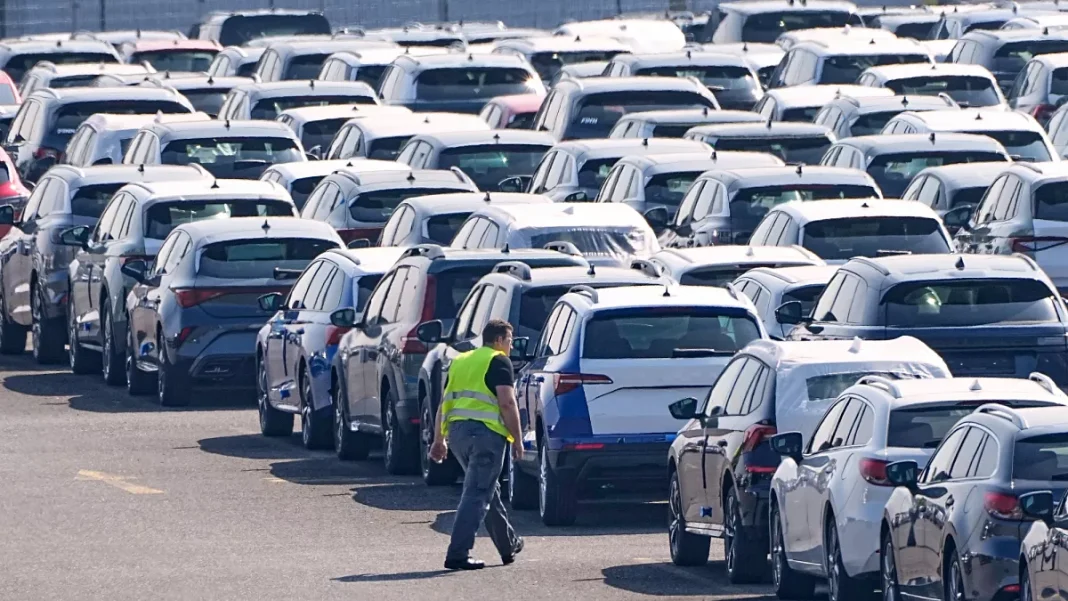April 02, 2025
Germany’s automotive industry is bracing for potential economic fallout as the Trump administration prepares to impose additional tariffs on imported cars and car parts. With a 25% tariff already in place, further restrictions could escalate tensions and impact global markets. However, predicting Trump’s next move remains challenging, as he has previously announced tariffs only to pause them later. This uncertainty has left markets volatile, with growing concerns that a prolonged trade war could lead to a broader economic downturn.
The German Association of the Automotive Industry (VDA) has emphasized that these tariffs will have global repercussions, particularly because US factories rely on supplier networks from Canada and Mexico. VDA spokesperson Simon Schütz warned that price increases are inevitable, especially for US consumers, and if tensions escalate further, economic growth, prosperity, and jobs on both sides of the Atlantic will be at risk. German car manufacturers play a significant role in the US, employing over 140,000 workers and producing more than 900,000 vehicles annually—half of which are exported.
Opposition to the tariffs is widespread, even among US automakers, with stock market trends reflecting skepticism over the Trump administration’s trade policies. However, tariffs are just one of the challenges facing Germany’s car industry. Schütz highlighted that geopolitical shifts, high energy costs, and increasing regulatory burdens are also affecting competitiveness. He urged Germany and the EU to focus on reducing bureaucracy and creating a more attractive business environment. With energy prices in Europe up to five times higher than in the US and China, maintaining a competitive edge is becoming increasingly difficult.
Schütz stressed the importance of Europe forming alliances with like-minded trade partners and advocating for free trade, as history has shown that open markets drive prosperity. Meanwhile, German carmakers such as Audi and Volkswagen remain committed to the US market, with the Volkswagen Group recently investing over $14 billion (€12.95bn). Audi emphasized the need for constructive trade negotiations to ensure economic stability and prevent a trade conflict. As tensions rise, the future of German automakers in the US depends on diplomatic efforts to resolve trade disputes and maintain strong transatlantic economic ties.
(Source)
